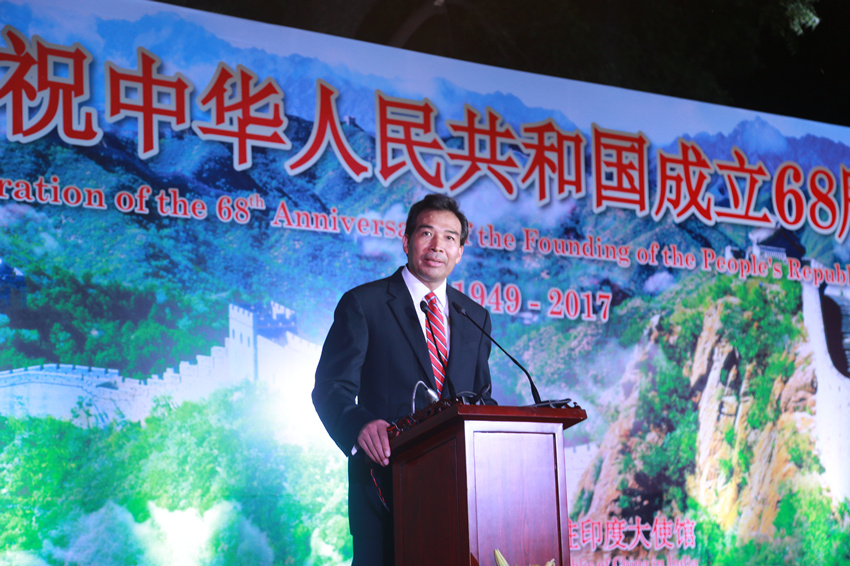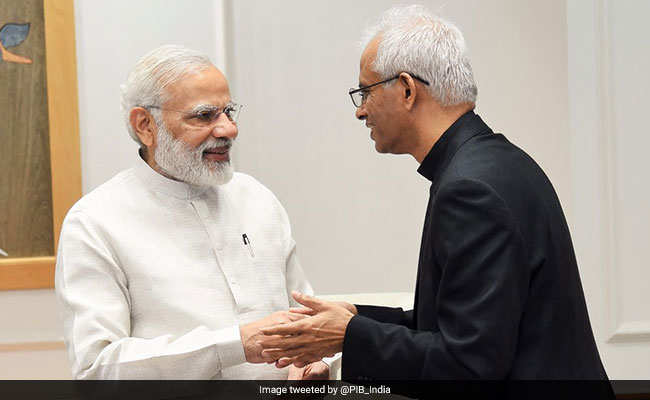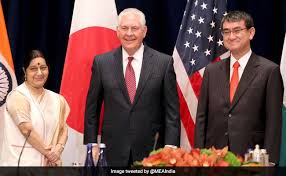
Chinese envoy’s post-Doklam formula for India-China ties: 1+1=11
More than a month after India and China ended their embittered standoff at the Doklam plateau, followed by a defrosting meeting between the leaders of two countries in Xiamen, China’s ambassador to India Luo Zhaohui has conjured up a new formula for improving India-China ties that envisages reconciliation and proactive cooperation between the two Asian giants. In his formulation, Doklam, with its connotations of hostility and one-upmanship, should be replaced by a synchronous dance between Asia’s leading economies.
Alluding to the defining meeting between Prime Minister Narendra Modi and Chinese President Xi Jinping in the coastal city of Xiamen on September 5, the Chinese envoy said: They sent a clear message to the world, “reconciliation” and “cooperation”.
“We should turn the old page and start a new chapter with the same pace and direction. We should dance together,” the Chinese envoy said at the National Day celebrations to mark the 68th anniversary of the founding of the People’s Republic of China.
“China is the largest trading partner of India. We have made a lot of progress at bilateral level, as well as in international and regional affairs. I am quite sure that with joint efforts, we will focus on cooperation, handle the difference properly, enhance mutual trust, and move forward our relations to a new height,” he said at the premises of the Chinese embassy in New Delhi on September 29.
The Chinese envoy’s 1+1 formula indicates an emerging thinking among China’s top political establishment about proactively partnering with India with a view to blending strengths and core competencies to realise dreams of national rejuvenation by both countries.









